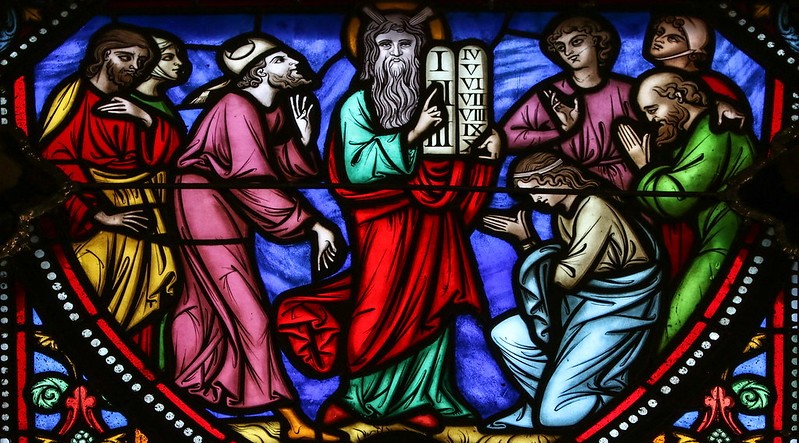What is Catholicism? If you conducted a random poll of people in America you would likely get an answer that had something to do with a set of moral rules. At best you would hear that it is a nice way of living that some people choose to adopt. At worst you would hear that it’s a strict system of oppression.
Of course, both of these answers, from best to worst, miss the mark not because they are too favorable or too harsh but because they approach the question from a completely wrong angle. They both contain the hidden assumption that Catholicism is primarily a matter of morals, of behavioral demands.
In truth, however, Catholicism is primarily a religion that makes claims about reality. Its moral claims are only secondary to and dependent upon these more foundational claims.
What are these claims? If we really understood them, they would transform our whole lives: God himself has become man, died on the Cross, and rose from the dead. All for us. And, to the degree that we really believe these truths, we can truly be free from insecurity, anxiety, and discouragement in our spiritual life because we know how deeply and personally we are loved, known, and even delighted in (cf. Ps 149:4-5).
Once we realize this in the depths of our being, the only response we can have is to love God back. It is only at this point—when we realize that we have no honest option but to love God with our all—that morality enters into the question. Christian morality, in essence, is how to respond in love to God in a world created and redeemed by him.
With this in mind, I think it’s helpful to ask: How many of us, even if we are devout Catholics who attend Mass every Sunday, have let this morality-first mindset creep into our faith? Do we at times lose sight of the earth-shattering claims that our religion makes—that God himself has walked on this earth? And do we think about our lives as a loving response to the realities God has wrought on this earth?
I often find myself recommending Fr. Jean D’Elbee’s book I Believe in Love, to invite people out of this malaise commonly called “moralism”—an over-emphasis on moral rules without seeing the heart of it all. Fr. D’Elbee writes, “People examine themselves on faults and failings, and not on their intimacy with Jesus.” His point is that moralism puts the means before the end. Holiness is not about a constant self-evaluation that makes sure I checked all the right boxes and spiritually tucked in my shirt. As Fr. D’Elbee urges us, “believe in the love of Jesus for you” and a loving relationship will naturally follow from that realization.
Here we get to the heart of an approach to the faith that is near and dear to Dominicans. Of course rules are important—we live in a complicated world. But all of us could benefit from a spirituality that places more of an emphasis on the realities God has wrought in our world and in our lives rather than on rules. It could safely be said that if we all spent more time in our prayer contemplating and thanking God for the real, concrete things he has done in our lives and in the world rather than focusing only on our sins, we would be better for it.
While acknowledging our sin and resolving not to sin again is essential, it only treats the wound at the surface—a tourniquet on an interior bleed. By seeking to know God better by the things he has accomplished, we will begin to gain the confidence necessary to let him heal our wounds at their root, in our very will and intellect, which can’t help but affect the way we live and act.
✠
Photo by Fr. Lawrence Lew, O.P. (used with permission)







